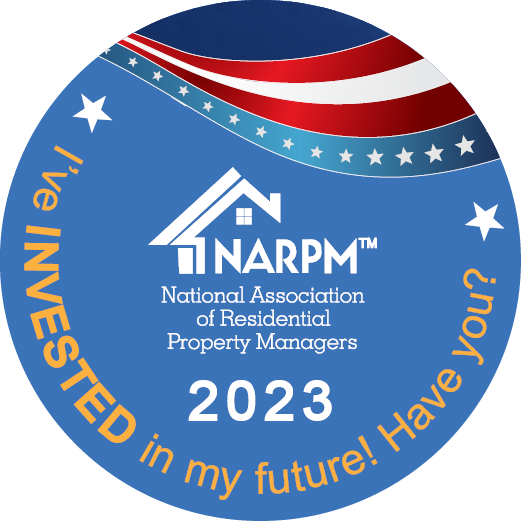In the United States, 18% of renters are behind on rent. In fact, the average renter is behind on rent by four months, totaling around $5,6000.
If you're a landlord, the last thing you want is for your tenant to tell you they can't (or won't) pay rent, but occasionally this situation can happen. So what do you do when it happens?
Not knowing what to do immediately can cost you hundreds, if not thousands, of lost dollars. So, keep reading if you want to learn what to do when your tenant can't pay rent.
Check Payment History
Before you accuse your tenant of not paying rent, we recommend double-checking your bank statements to ensure the payment hasn't been initiated. Another reason for double-checking is to note the tenant's payment history.
Make a note of when they paid, how much they paid, how late they were, and any other important information you may need to refer to later.
Review The Rental Agreement
Your next step is to review the rental agreement you have with your tenant. The information you're looking for here is:
- The Rent Due Date
- A Stipulated Grace Period (mandatory in some states)
- Any Late Fees
Send an Overdue Notice
Once you've confirmed your tenant has defaulted on their rent, the next step is to send your tenant a notice. This notice is a formal warning to the delinquent renter but is not required by law. Make a copy of this document for your records before you submit it.
The notice should include:
- Property Address
- Tenant's Name
- The Current Date
- Rent Due Date
- Amount Overdue
- Any Late Fees
Contact the Tenant
Once you've sent the notice, if you've heard nothing within a few days, then you can try to contact the tenant by telephone. Good communication is always essential in these situations, so give the tenant time to explain if they have an explanation.
Follow this link for 6 Pointers for Landlords When Selecting a Tenant Screening Service. https://carolinaspropertymanagement.com/blog/6-tips-on-choosing-a-tenant-screening-company-for-landlords
Send Pay or Quit Notice
If all other steps for rent collection have failed, it's not time to start the eviction process. However, you can do this by sending an official notice to pay or quit. Legally, you can send this as soon as the grace period has expired.
Before sending this document, research the local legal requirements in your state. Some states have specific requirements about how the notice is served.
If the state doesn't require you to deliver the notice by certified mail or in person, you can secure the notice at the front door. The time elapsed before you can file eviction papers differs per state, so ensure you check those laws.
Time to Go To Court
Finally, if all attempts at collecting rent have failed, you can start the eviction proceedings. This begins when you file a landlord-tenant complaint with the court. This process can get costly as court fees and attorney costs will be for your account.
All paperwork has to be meticulously and accurately filled out, which you will need for your hearing. It's important to understand that court proceedings can take weeks, if not months, so your tenant problem won't be over immediately.
Don't Battle With Tenants That Can't Pay Rent
If you're managing tenants, you're bound to come across one that can't pay rent. But, knowing the steps, you can take ahead of time can help give your tenant several chances to pay if you don't want to go through the hassle of finding tenants all over again.
If you need help with tenant screening or rent collection in Charlotte, North Carolina, contact us today, and we can help you with your property management.
If you own rental property in North Carolina or South Carolina, click here to learn why you need a property manager.














